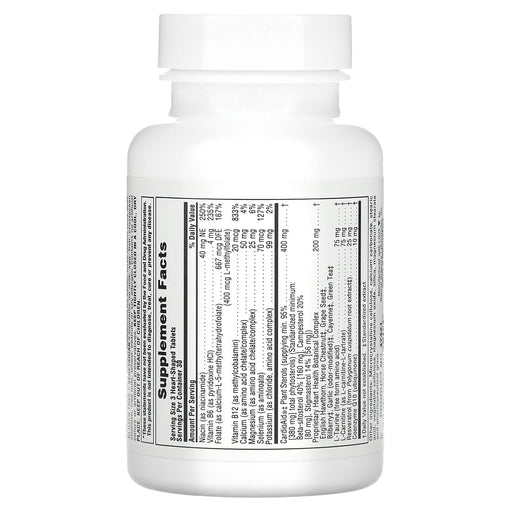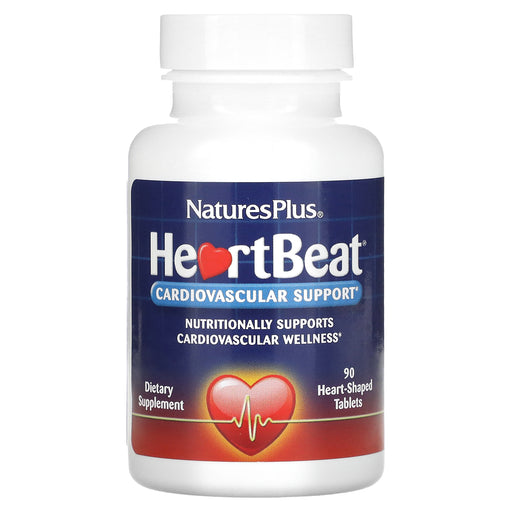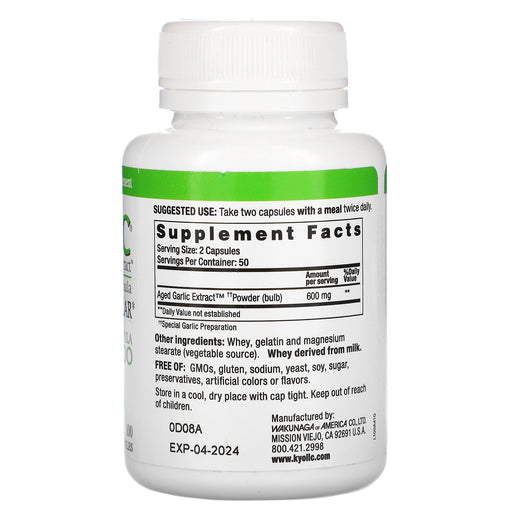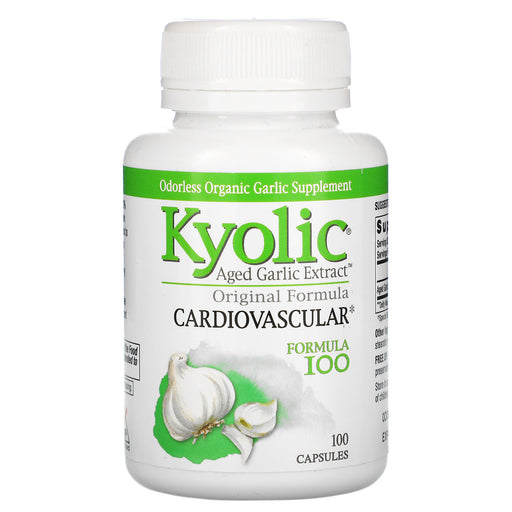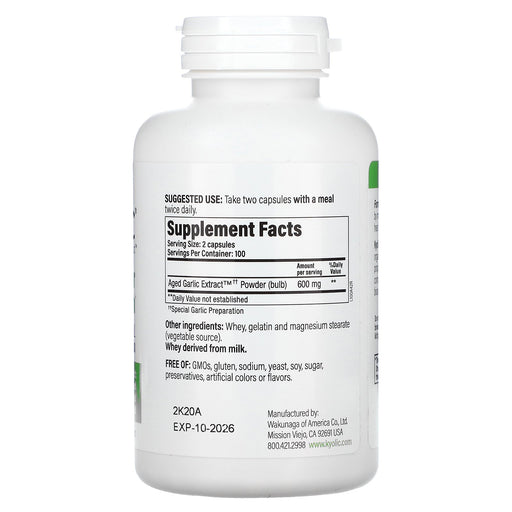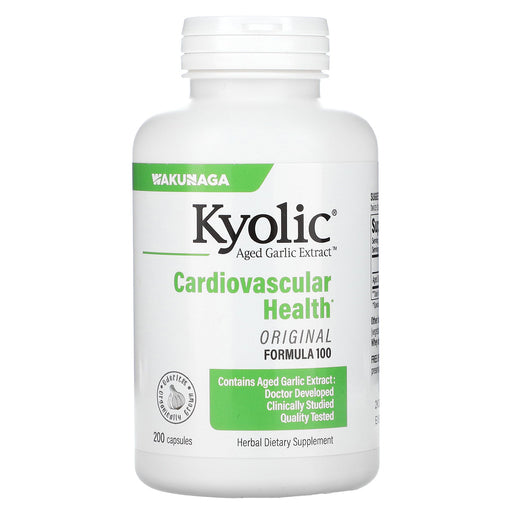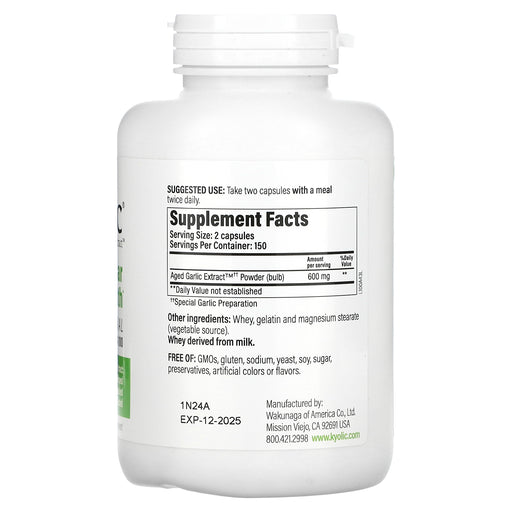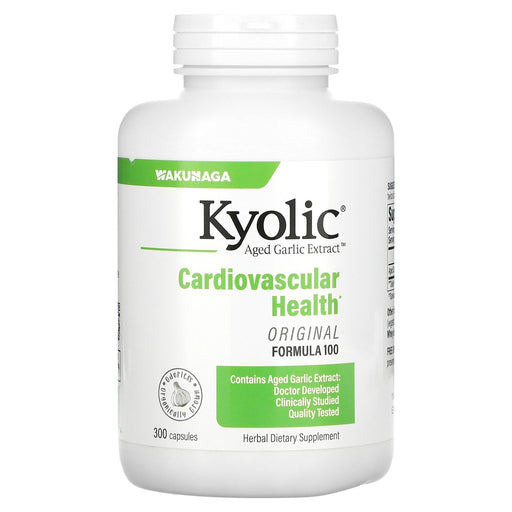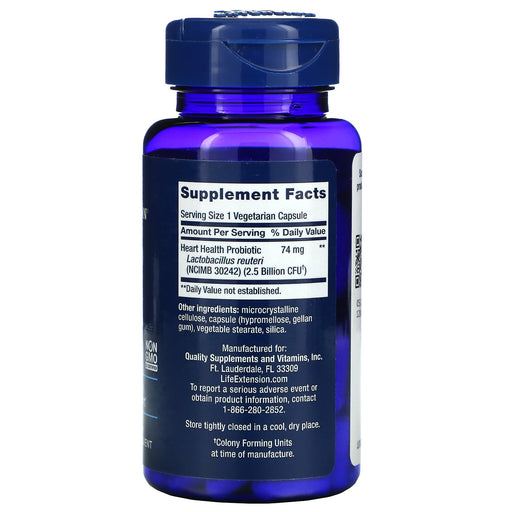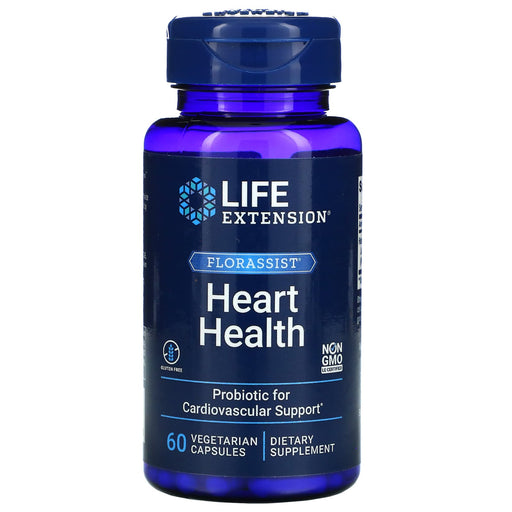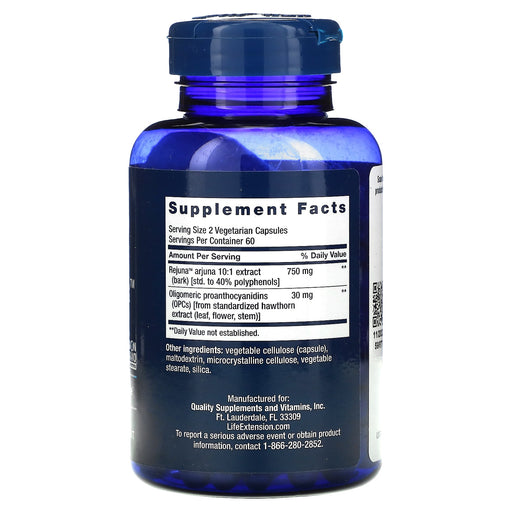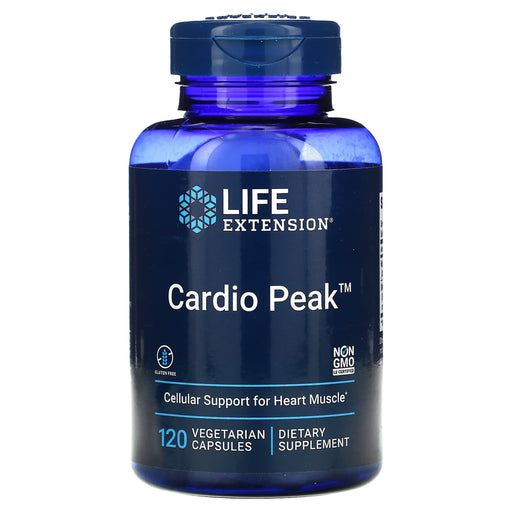
Maintaining a Healthy Heart: Support for Cardiovascular Wellness
Your heart is the powerhouse of your body, tirelessly pumping blood and delivering essential nutrients to every cell. Keeping this vital organ healthy is crucial for overall well-being and longevity. Fortunately, there are many ways to support your heart health, including a balanced diet, regular exercise, stress management, and targeted supplementation.
The Importance of Heart Health
Cardiovascular disease remains the leading cause of death worldwide, accounting for nearly one-third of all deaths globally. Risk factors such as high blood pressure, elevated cholesterol levels, obesity, smoking, and a sedentary lifestyle can all contribute to the development of heart disease. By taking proactive steps to support your heart health, you can reduce your risk of cardiovascular issues and enjoy a higher quality of life.
Key Nutrients for Cardiovascular Wellness
A heart-healthy diet is the foundation of cardiovascular wellness. Incorporating a variety of nutrient-dense foods, such as fruits, vegetables, whole grains, lean proteins, and healthy fats, can help support optimal heart function. In addition to a balanced diet, certain key nutrients have been shown to offer targeted support for heart health:
- Omega-3 Fatty Acids: Omega-3s, particularly EPA and DHA found in fish oil, have been extensively studied for their cardioprotective properties. These essential fatty acids help maintain healthy triglyceride levels, support normal blood pressure, and promote healthy endothelial function, all of which contribute to overall heart health.
- Coenzyme Q10 (CoQ10): CoQ10 is a vital nutrient for energy production in the heart and other tissues. As a powerful antioxidant, CoQ10 helps protect heart cells from oxidative stress and supports healthy cardiovascular function. Supplementing with CoQ10 may be particularly beneficial for individuals taking statin medications, as these drugs can deplete natural CoQ10 levels.
- Magnesium: Magnesium plays a crucial role in maintaining normal heart rhythm and supporting healthy blood pressure levels. This essential mineral also helps regulate calcium balance in the body, which is important for proper muscle and nerve function, including the heart muscle.
- Vitamin K2: Vitamin K2, particularly the MK-7 form, has been shown to support healthy calcium metabolism and promote arterial flexibility. By helping to direct calcium to the bones and teeth, rather than allowing it to accumulate in the arteries, vitamin K2 contributes to overall cardiovascular health.
- Hawthorn: Hawthorn is a traditional herb used for centuries to support heart health. Rich in flavonoids and other beneficial compounds, hawthorn has been shown to help maintain healthy blood flow, support normal blood pressure levels, and promote overall cardiovascular function.
Lifestyle Strategies for a Healthy Heart
In addition to a nutrient-rich diet and targeted supplementation, adopting heart-healthy lifestyle habits can go a long way in supporting cardiovascular wellness. Some key strategies include:
- Regular Exercise: Engaging in regular physical activity, such as brisk walking, jogging, cycling, or swimming, can help strengthen your heart muscle, maintain healthy blood pressure and cholesterol levels, and manage your weight. Aim for at least 150 minutes of moderate-intensity exercise per week, or 75 minutes of vigorous-intensity activity.
- Stress Management: Chronic stress can take a toll on your heart health, contributing to high blood pressure, inflammation, and unhealthy coping mechanisms like overeating or smoking. Incorporating stress-reducing practices, such as meditation, deep breathing, yoga, or engaging in hobbies you enjoy, can help promote a sense of calm and support overall cardiovascular wellness.
- Quality Sleep: Getting sufficient, high-quality sleep is essential for heart health. During sleep, your body repairs and regenerates tissues, including the heart muscle. Aim for 7-9 hours of uninterrupted sleep per night, and establish a consistent sleep schedule to support your body's natural circadian rhythm.
- Smoking Cessation: Smoking is a significant risk factor for heart disease, as it can damage blood vessels, increase blood pressure, and reduce the oxygen supply to your heart. If you currently smoke, quitting is one of the best things you can do for your cardiovascular health. Talk to your healthcare provider about smoking cessation programs and resources to help you quit for good.
Choosing the Right Heart Health Supplements
When selecting supplements to support your heart health, it's essential to choose high-quality products from trusted brands. Look for supplements that contain clinically researched ingredients at effective doses, and are manufactured in cGMP-certified facilities to ensure purity and potency.
At Health Orchard, we offer a carefully curated selection of heart health supplements from top brands, making it easy for you to find the right products to support your cardiovascular wellness. Our knowledgeable team is always available to answer your questions and help you make informed decisions about your heart health journey.
Empower Your Heart Health Journey
Taking charge of your heart health is one of the most powerful steps you can take toward overall wellness and longevity. By nourishing your body with heart-healthy nutrients, adopting supportive lifestyle habits, and incorporating targeted supplementation, you can give your heart the support it needs to keep beating strong.
Embrace the journey to a healthier heart with Health Orchard. We're here to provide you with the knowledge, resources, and top-quality supplements you need to navigate your path to cardiovascular wellness. Together, let's celebrate the incredible power of your heart and empower you to live your best life, one heartbeat at a time.
Frequently Asked Questions about Heart
1. What is the best supplement for heart health?
Some of the best supplements for heart health include:
- Omega-3 fatty acids: These essential fats, found in fish oil supplements, can help reduce inflammation, lower blood pressure, and decrease the risk of heart disease and stroke.
- Coenzyme Q10 (CoQ10): This antioxidant supports heart function and energy production in cells. It may be particularly beneficial for people taking statin medications, which can deplete CoQ10 levels.
- Magnesium: This mineral helps regulate heart rhythm, blood pressure, and blood sugar levels. Magnesium deficiency has been linked to an increased risk of heart disease.
- Vitamin K2: This vitamin helps direct calcium to the bones and teeth, preventing it from accumulating in the arteries and promoting arterial health.
- Garlic: Garlic supplements have been shown to reduce blood pressure, lower cholesterol levels, and improve overall cardiovascular function.
Before starting any supplement regimen, it's essential to consult with a healthcare provider to ensure safety and appropriateness for your individual needs.
2. How to strengthen your heart?
There are several ways to strengthen your heart and improve your cardiovascular health:
- Exercise regularly: Engage in at least 150 minutes of moderate-intensity aerobic exercise or 75 minutes of vigorous-intensity exercise per week. This can include activities such as brisk walking, jogging, cycling, or swimming.
- Maintain a healthy diet: Eat a diet rich in fruits, vegetables, whole grains, lean proteins, and healthy fats. Limit your intake of saturated and trans fats, added sugars, and sodium.
- Manage stress: Practice stress-reduction techniques such as deep breathing, meditation, yoga, or tai chi to help lower blood pressure and reduce the strain on your heart.
- Maintain a healthy weight: Being overweight or obese can increase your risk of heart disease. Aim to maintain a healthy body mass index (BMI) through a balanced diet and regular physical activity.
3. Which fruit is best for the heart?
Several fruits are particularly beneficial for heart health due to their nutrient profiles and antioxidant content. Some of the best fruits for the heart include:
- Berries: Blueberries, strawberries, raspberries, and blackberries are rich in antioxidants called anthocyanins, which can help reduce inflammation and protect against heart disease.
- Citrus fruits: Oranges, grapefruits, and lemons are high in vitamin C, which helps maintain healthy blood vessels and may lower the risk of heart disease.
- Avocados: These fruits are rich in monounsaturated fats, which can help lower LDL (bad) cholesterol levels and reduce the risk of heart disease.
- Pomegranates: Pomegranates contain powerful antioxidants called polyphenols, which can help reduce inflammation and improve blood flow.
- Apples: Apples are high in fiber, particularly pectin, which can help lower cholesterol levels and reduce the risk of heart disease.
4. Do heart vitamins work?
Heart vitamins and supplements can be beneficial for some individuals, particularly those with specific nutrient deficiencies or health conditions. However, their effectiveness varies depending on the individual and the specific supplement. Some vitamins and supplements that have shown potential benefits for heart health include:
- Omega-3 fatty acids: These essential fats have been shown to reduce inflammation, lower blood pressure, and decrease the risk of heart disease and stroke.
- Coenzyme Q10 (CoQ10): This antioxidant supports heart function and energy production in cells, and may be especially helpful for people taking statin medications.
- Magnesium: This mineral helps regulate heart rhythm, blood pressure, and blood sugar levels, and deficiency has been linked to an increased risk of heart disease.
- Vitamin K2: This vitamin helps direct calcium to the bones and teeth, preventing it from accumulating in the arteries and promoting arterial health.
5. What are the signs of a weak heart?
The signs and symptoms of a weak heart can vary depending on the underlying cause and the severity of the condition. Some common signs of a weak heart include:
- Shortness of breath: Feeling breathless or winded during normal activities or even at rest can be a sign of a weak heart.
- Fatigue: Persistent tiredness and lack of energy, even after rest, can indicate that the heart is not pumping blood efficiently.
- Swelling: Edema, or swelling in the legs, ankles, feet, or abdomen, can occur when a weak heart is unable to pump blood effectively, causing fluid to accumulate in the body.
- Rapid or irregular heartbeat: A weak heart may cause palpitations or a feeling of a racing, pounding, or fluttering heartbeat.
- Chest pain or discomfort: Angina, or chest pain, can occur when the heart is not receiving enough oxygen-rich blood due to a weak heart muscle.
If you experience any of these symptoms, it's essential to consult with a healthcare provider for a proper evaluation and diagnosis.


